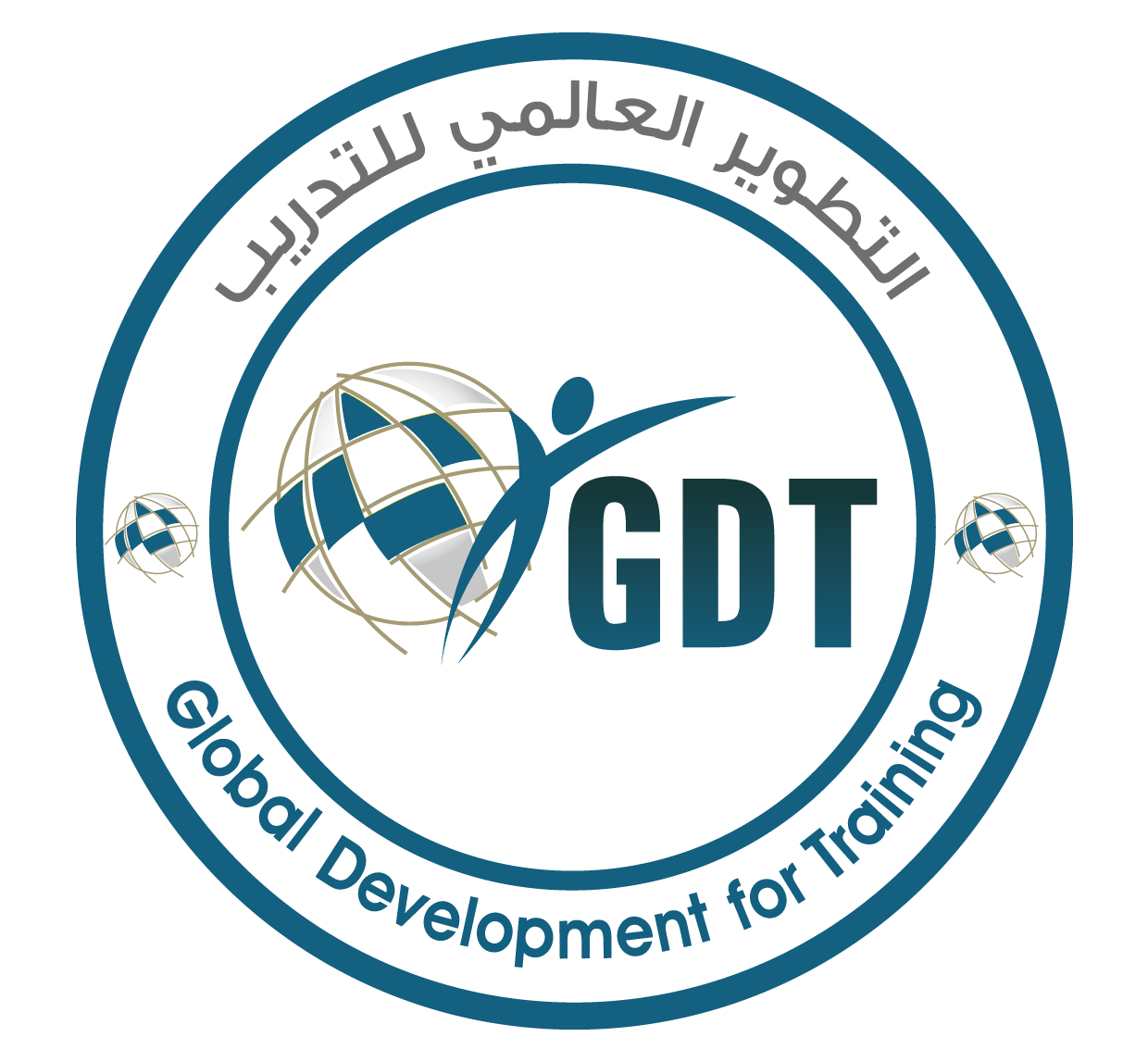تفاصيل الدورة
Objectives:By the end of the program, participants will be able to:
- Define Employee Relations from a legal perspective and link it with the labour law
- Use the legal and ethical approach in dealing with personal issues of employees
- Conduct reliable opinion surveys aimed at assessing organizational health
- Provide tangible support to other HR functions in establishing and implementing a fair performance management culture
- Implement a recognition system aimed at enhancing employee retention
- List the main steps in dispute resolutions and use them to protect both employees and the organization
- Establish a code of conduct and compliance culture in the organization
- Understanding Employee Relations (ER)
- The Importance of Knowing the Labour Law
- The Labour Law Definition of Employee Relations
- Employee Rights and Responsibilities
- Accountabilities for Employers and Organizations
- The Importance of Balancing Rights of Both Parties
- Managing Personal Issues
- The Definition of a Personal Issue
- Deciding on Counselling Tactics
- The Importance of Drawing the Line between Coaching and Counselling
- Approaches to Counselling
- Providing Counsel without Harming Organizational Interests and Accountabilities
- When to Avoid or Refuse Providing Counsel
- The Responsibilities of ER Counsellors
- Employee Surveys
- The Difference between Opinion and Morale Surveys
- Approaches to Measuring Morale Surveys
- The Use of Subjective and Objective Data
- The Main Key Performance Indicators in Morale Surveys
- Establishing an Employee Morale Index
- Performance Management (PM)
- The Role of ER in Managing Performance
- The Components of a Fair Performance Management System
- Measuring the Tangibles: How to Use Goals and Targets in a PM System
- Measuring the Intangibles: The Role of Competencies and Values in Measuring Performance
- Employee Recognition
- The Essentials of a Recognition Program
- Tangible and Intangible Rewards
- Linking Performance with Pay: The Role of ER
- Dealing with Underperformers
- Dispute Resolution
- The Definition of a Dispute
- Differences between Disputes, Conflicts and Differences of Opinion
- What the Labour Law Says about Disputes
- The Policy and Procedure for Dispute Resolution
- The Main Steps in Resolving Disputes
- Escalating Disputes: What to Do When Disputes Are Irreconcilable
- Codes of Conduct and Compliance
- The Definition of a Code of Conduct
- The Role of ER in Establishing Codes of Conduct
- The Main Sections in a Code of Conduct Manual
- Compliance Issues: The Role of ER
نبذة عن معهد Global Development for Training
مقدمه:
يحتل التدريب درجة كبيرة من الأهمية لمديري المؤسسات المختلفة، حيث يعتبر التدريب وسيلة فعالة في رفع كفاءة الموظف في جميع مراحل عمله وتنمية قدراته ومهاراته وتزويده بمعلومات جديدة، وعنصراً مؤثراً في عملية ترقية الموظف وتوليه سلطات ومسئوليات أكبر..
ولقد شهدت السنوات العشـرون الأخيرة تحولاً كبيراً في علم التدريب وأصبحت المعرفة المبينة على العلم هي السبيل الوحيد للتطور والتنمية .
إن الحاجه للمعرفة المبنية على المعلومات الحديثة والدقيقة أصبح هو الآن مقياس الثروة الجديدة ، وكل هذا يتطلب نوع متميز من التعليم و التدريب المتواصل مدى الحياة للحصول على المعرفة وتحديثها بصفة مستمرة ومن هذا المنطلق كانت هاماً جداً إنشاء مركز التطوير العالمي للتدريب .
التأسيس :
تأسس التطوير العالمي للتدريب بدولة الإمارات العربية المتحدة عام 2010رخصه رقم 91288إمارةدبي ، وذلك لتقديم الخدمات التدريبية والإستشارية وتطوير الموظفين بأحدث طرق التدريب في العالم وبما يتلائم مع السوق العالمي حيث تلبي كافة المتطلبات الإستراتيجية للأسواق العالمية في بيئة مبنية على المعرفة الحديثة ومن خلال أفضل مدربي التنمية البشرية في الوطن العربي والعالم ، لذا وضعت أهدافه للوصول لأعلى مستوى من الجودة والإبداع والتنمية المتميّزه لدى العملاء والمشاركين .
الرؤية :
أن يكون التطوير العالمي للتدريب من أفضل المراكز العالمية التي تقوم بتأهيل وتدريب قيادات وموظفي الوطن العربي بأحدث أساليب التدريب بالعالم .
عرض الجميع دورات Global Development for Training
